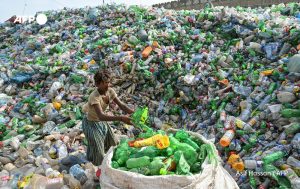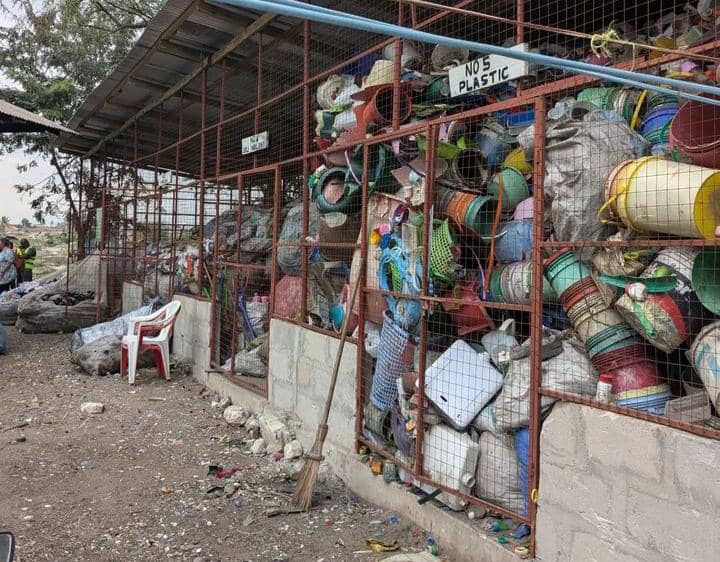Representatives from 175 countries gathered in Nairobi last month for the first significant step towards negotiating a global treaty to tackle plastic pollution, a growing environmental crisis that threatens ecosystems and human health. The meeting, held from November 13 to 19, was the third in a series of five, as nations race to finalize a binding agreement by the end of 2024.
The talks, hosted at the headquarters of the United Nations Environment Programme (UNEP), centered on the first draft of a treaty that seeks to curb the escalating production and mismanagement of plastic waste. The need for action is pressing, as plastic pollution has reached alarming levels—from the depths of the oceans to the peaks of mountains, with microplastics even found in human blood and breast milk.
Plastic: A Growing Crisis
Since 2000, global plastic production has more than doubled to 460 million tonnes per year. If no action is taken, this figure could triple by 2060. Despite this massive output, only 9% of plastic is recycled, while the rest ends up polluting land, rivers, and oceans, causing widespread environmental damage. Plastic production is also a major contributor to global warming, accounting for 3.4% of global emissions in 2019—a number projected to double by 2060 if unchecked.
The stakes are high, and there is broad consensus that a treaty is essential. However, deep divisions remain over how to tackle the problem. Environmentalists and many countries advocate for ambitious measures, such as a ban on single-use plastics and stricter regulations on production. Meanwhile, the plastics industry and major plastic-producing nations, including the United States, China, and Saudi Arabia, are pushing for recycling and improved waste management as the main solutions.
A Battle of Ambitions
“This is the big battle we’re going to see now,” said Eirik Lindebjerg of the WWF, who was among the thousands of participants at the Nairobi negotiations. The challenge lies in balancing the demands for aggressive cuts in plastic production with the economic interests of the plastics industry.
The “zero draft” of the treaty presents a range of options, from sweeping bans on plastic products to agreements that focus primarily on recycling. Peter Thomson, the UN’s special envoy for the ocean, warned in October that the treaty could either become a transformative pact for nature or “a cosy deal with the plastics industry.”
Environmental advocates like Greenpeace’s Graham Forbes stress the need to address plastic pollution at its source. “You can’t stop the bath from overflowing until you turn off the tap,” he remarked, emphasizing that limiting plastic production is crucial to any meaningful solution.
Resistance from Major Plastic Producers
Despite the push for ambitious action, key players such as the United States, China, and members of the Organization of the Petroleum Exporting Countries (OPEC) are hesitant to commit to production cuts. The EPS Industry Alliance, which represents North American companies producing expanded polystyrene, expressed concerns over the draft treaty. Betsy Bowers, the alliance’s executive director, warned of the “unintended consequences” of some proposals, criticizing what she called the “ideology of emotion” surrounding the debate on plastics.
The Road Ahead
The Nairobi meeting marked a crucial turning point in the negotiations, but much remains to be done. The talks will continue in April 2024 in Canada, before concluding in South Korea by the end of the year. However, time is running out. Fiji, a small island nation on the frontlines of climate change and pollution, has urged for quicker action, pointing to the urgent need for a treaty that delivers real solutions for vulnerable countries.
With sessions extended by two days in Nairobi, negotiators are feeling the pressure to make meaningful progress. “If they don’t manage to make progress here in Nairobi, 2024 will be very intense if they want to reach a meaningful treaty by the end of the year,” Lindebjerg warned.
As the world awaits the outcome of these crucial negotiations, the hope is that global leaders will rise to the occasion, crafting a treaty that not only addresses the plastic crisis but also sets the stage for a more sustainable future.
